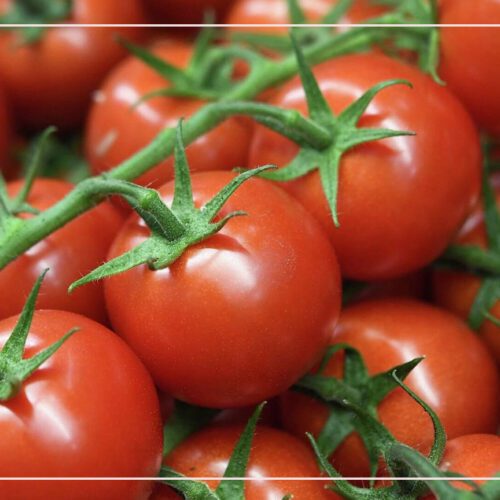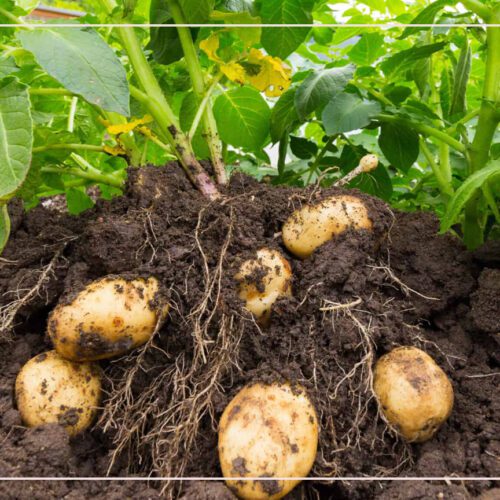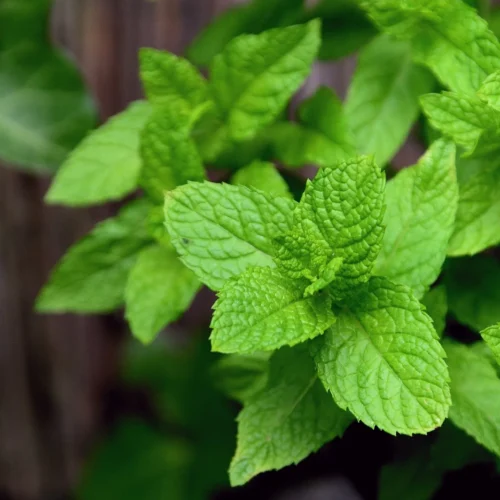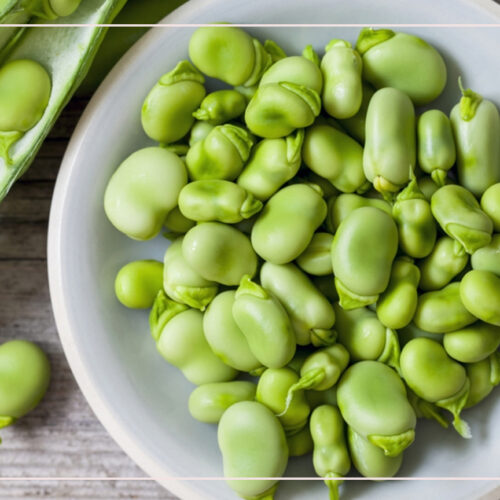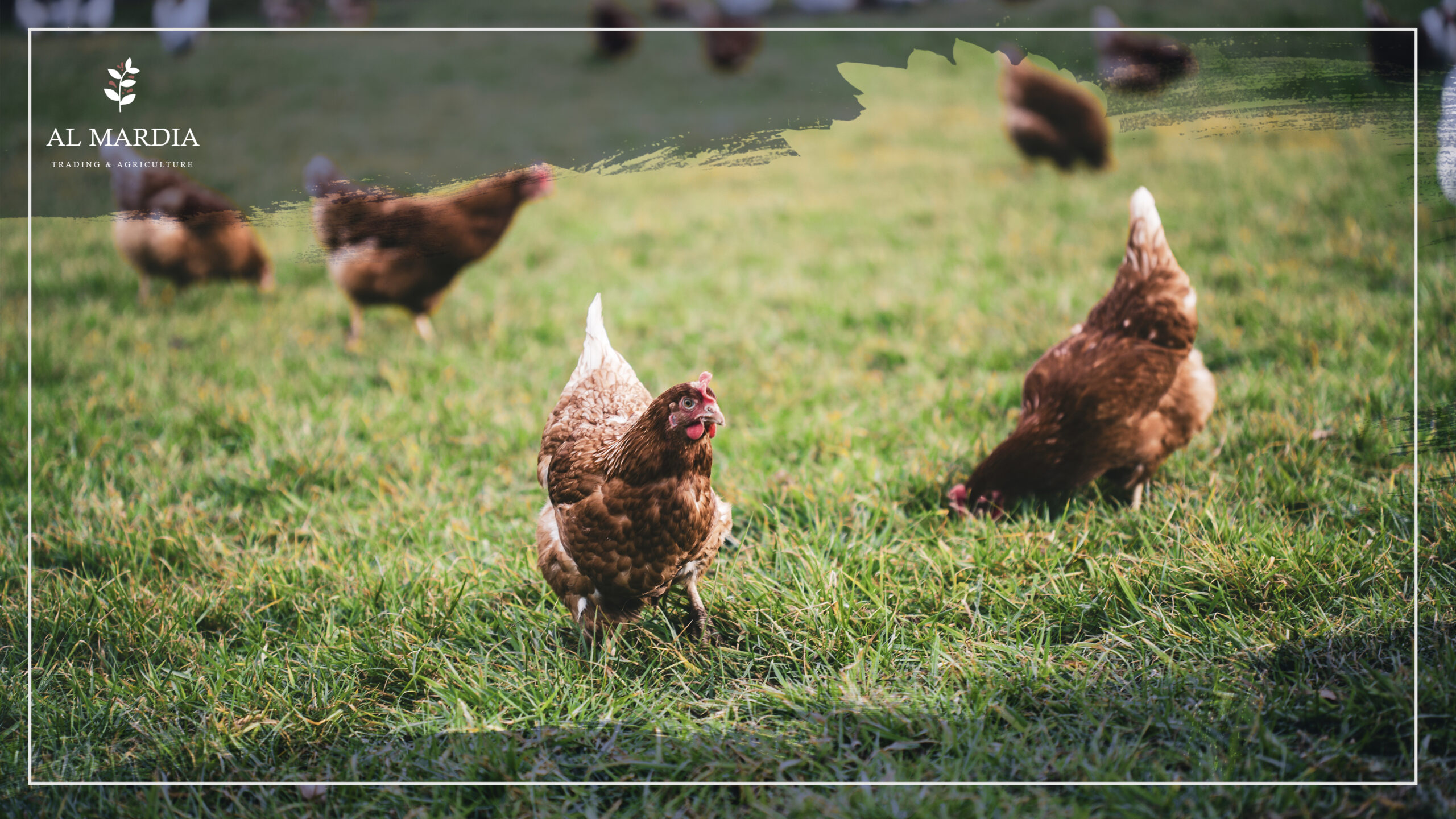

Tips to Know about Birds Feeding Methods
Balanced nutrition could play a fundamental role in birds’ health. Studies have shown that 85-90% of bird problems are caused by malnutrition or inadequate diet. It’s obvious now that a dry seed diet is not sufficient alone. However, the sufficient nutritional requirements of birds, especially poultry, have not been reached yet. For example, vitamin complement seeds are not enriched with vitamin A, B vitamins, iodine, amino acids, calcium and other basic nutrients. Safflower seeds are no different than sunflower seeds. In this article, we will learn about the most effective birds feeding methods.
In order to solve the problem, additional pellets have been formulated to provide your poultry with all necessary nutrients to stay on a balanced diet. To apply these diets successfully, different types of fresh food must be fed every day. ”Birds don’t possess a developed sense of smell and taste. Food shape and texture, however, will strongly affect what they will eat.”
One of the challenges birds’ keepers might face is the difficulty with changing food diets, because if birds become accustomed to a specific diet, any other diet will be rejected. DO NOT PANIC! It often takes a few months to gradually change your bird’s old diet to a new healthy one.
What nutrients do birds need?
There are five categories of nutrients that must be included in every health diet for growth, production and reproduction in all types of poultry. Birds are supplied with most of these nutrients from nature in the form of insects, bugs, grains, seeds, sunshine and even gravel. It is different for young and adult poultry which are fed indoors. The farmer is the one who takes the full responsibility to provide the best food with all nutritional requirements in suitable form and moderate quantity.
Water:
Consistent supply of water is an essential condition to assure a complete growth of young poultry. It helps to avoid many problems like low egg production and early molting. Birds can live longer without food than without water.
Protein:
It’s one of the most important and expensive feed materials. But on the other hand, it brings beneficial results if it’s served correctly. Protein from animal sources like fish scraps, milk, liver and meat is more preferred in promoting growth and producing eggs, while protein from most vegetable sources are not sufficient and it may have harmful and detrimental effects on poultry of any age in case it is the protein source available.
Carbohydrates:
Only a starved flock will suffer from lack of carbohydrates.
Carbohydrates are the starchy nutrients that are found in grain products. They are fundamental to form fat in birds’ bodies and eggs.
Related Topic: Learn About Poultry and Their Immune System
Fats:
Fats supply birds with high concentration energy and many essential fatty acids which are very important in building complexed chemicals such as prostaglandins which play an indispensable role in reproduction and inflammation.
Vitamins and minerals:
vitamins are definitely considered one of the most essential parts of the bird’s nutritional requirement. Because just like people, birds need certain vitamins and minerals in order to keep proper nutrition and health.
Birds usually need vitamin A, E, B complex and D.
Vitamin A is important for the immune system, reproduction systems and it helps with the health of eyes and feathers. It protects birds against cold and infections. It’s in yellow corn and fish oils.
Vitamin D is formed in the body when exposed to the sunlight. It helps for healthy feathers, bones and eggs laying, and it helps birds’ bodies absorb calcium and use it to sustain bones.
Keep in mind that window glass filters out the sun’s UV rays, so indoor birds cannot receive sufficient vitamin D through sunlight.
Vitamin E is an antioxidant that regulates vitamin A functions; it also prevents the vitamin C and B vitamins from oxidation.
B vitamins are a group of vitamins that birds need on a daily basis because they are rapidly excreted from birds’ bodies and they help break down food and nutrients for the bird’s body to use.
As for minerals, calcium is the most important for strong bones, healthy feather growth and tough eggs.
All these necessary vitamins and other important minerals are served within pelleted diets.
Vitamin and mineral supplementation is an easy and affordable way to ensure that your bird is receiving all needed nutrients.
You can now check the full list of Avian Products
produced by Almardia Group

